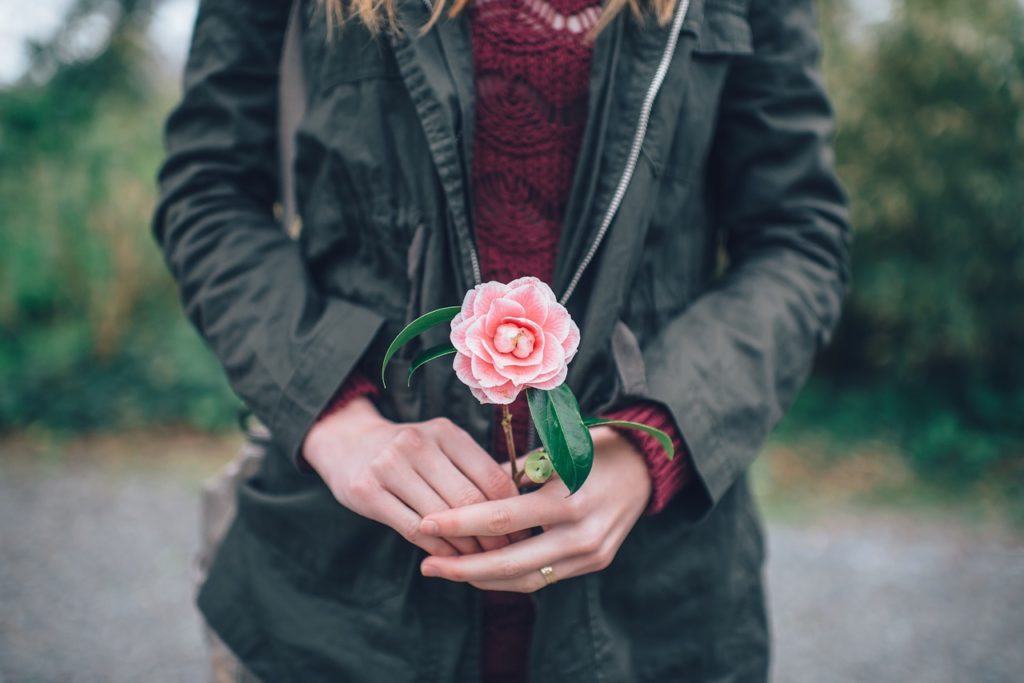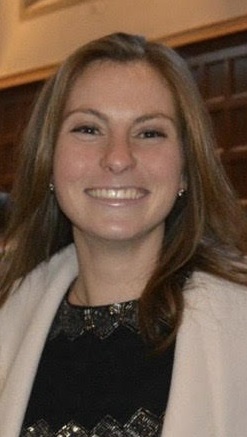- Calls to this hotline are currently being directed to Within Health, Fay or Eating Disorder Solutions
- Representatives are standing by 24/7 to help answer your questions
- All calls are confidential and HIPAA compliant
- There is no obligation or cost to call
- Eating Disorder Hope does not receive any commissions or fees dependent upon which provider you select
- Additional treatment providers are located on our directory or samhsa.gov
The Bachelor’s “Final Rose” Appears to Have Many Hidden Thorns

The premiere of Season 24 of ABC’s hit reality love show “The Bachelor” drew just over 6 million viewers. With a fan base that massive, ranging from majority ages 18-49, it’s easy to wonder where the diversity is in a show this popular [2]. It took 13 seasons for the show to finally have a Bachelorette of color if that gives you an idea.
Both the women and men are all perfectly fit and slim. As a viewer, within the average age group of the contestants on this show, it makes me question, are overweight or even persons of the average weight group (size 6!), discouraged from being a part of this show?
After the show wraps, ex-contestants often end up on the show’s spin-off, “Bachelor in Paradise.” After the after show, the same ex-contestants end up as “Influencers” on Instagram or other social media outlets, selling products ranging from sunglasses to “weight loss gummy bears.”
A whopping 67% of women in America are a size 14 or above [3], which is shocking considering none of this percentage is represented on The Bachelor.
In reality television, when the average size woman is represented, her weight is almost always a topic of conversation. In MTV’s “Siesta Key,” we see key character, Chloe, being bullied by her male counterpart characters calling her “fat” or worse, a “whale.”
We also have E!’s “Vanderpump Rules” where star character Katie Schwartz has been called fat countless times by the show’s villain James Kennedy. These two examples have been a theme of reality television shows for years, and this isn’t including shows about weight loss (i.e., “Biggest Loser,” “I Used to Be Fat”).
 Is this a blessing or a curse? This is subjecting young girls, who often view these women as role models, to concluding that the key to success is to be thin and attractive. The more attractive you are- the higher your fan base is- the bigger your social media following is- the bigger star you become.
Is this a blessing or a curse? This is subjecting young girls, who often view these women as role models, to concluding that the key to success is to be thin and attractive. The more attractive you are- the higher your fan base is- the bigger your social media following is- the bigger star you become.
“The Bachelor” is constantly a target of this example, as some of the show’s ex-contestants make $5,000-$15,000 per a single Instagram post! [1] And what do we do like the general public? Turn a blind eye, follow these women on Instagram, and feed into the frenzy.
When a girl of average/above average weight is shown, she becomes the subject of bullying, fatphobia, and often times made out to be the villain on such reality television shows. Is this setting a bad example for young women?
Is this showing the key to success is not to be a well-respected, smart, hardworking, and driven individual? That the key to success is simply being hot and cast by the Bachelor? Does success in the year 2020 come from #ad and not the brains behind the beauty? Most importantly, will this get worse in years to come?
References:
[1] From Roses To Riches: Reality Stars Are Making Bank On InstagramMadeline Buxton – https://www.refinery29.com/en-us/2018/06/201094/instagram-reality-star-influencer-income [2] Tv Ratings: ‘the Bachelor’ Premieres Up 20% on Last Season
Will Thorne – https://variety.com/2020/tv/news/tv-ratings-the-bachelor-premieres-up-1203459291/ [3] Why I Have Major Trouble Watching “the Bachelor” & “Bachelorette”
Lauren Vine – https://www.refinery29.com/en-us/2017/08/166343/bachelorette-bachelor-in-paradise-contestants-weight-ideal
About the Author:
 Hannah Roesler is a graduate from Fordham University and currently working and living in New York City. Hannah is originally from Spring Lake, NJ and often goes home on the weekends in the summer to enjoy the beach. She struggled with laxative abuse throughout the majority of her college and several post-college years. She is currently in recovery and working as the Eating Disorder Hope Special Projects Coordinator. Her hobbies include SoulCycle and running both competitively and for leisure.
Hannah Roesler is a graduate from Fordham University and currently working and living in New York City. Hannah is originally from Spring Lake, NJ and often goes home on the weekends in the summer to enjoy the beach. She struggled with laxative abuse throughout the majority of her college and several post-college years. She is currently in recovery and working as the Eating Disorder Hope Special Projects Coordinator. Her hobbies include SoulCycle and running both competitively and for leisure.
The opinions and views of our guest contributors are shared to provide a broad perspective on eating disorders. These are not necessarily the views of Eating Disorder Hope, but an effort to offer a discussion of various issues by different concerned individuals.
We at Eating Disorder Hope understand that eating disorders result from a combination of environmental and genetic factors. If you or a loved one are suffering from an eating disorder, please know that there is hope for you, and seek immediate professional help.
Published March 6, 2020, on EatingDisorderHope.com
Reviewed & Approved on March 6, 2020, by Jacquelyn Ekern MS, LPC

The EatingDisorderHope.com editorial team comprises experienced writers, editors, and medical reviewers specializing in eating disorders, treatment, and mental and behavioral health.

